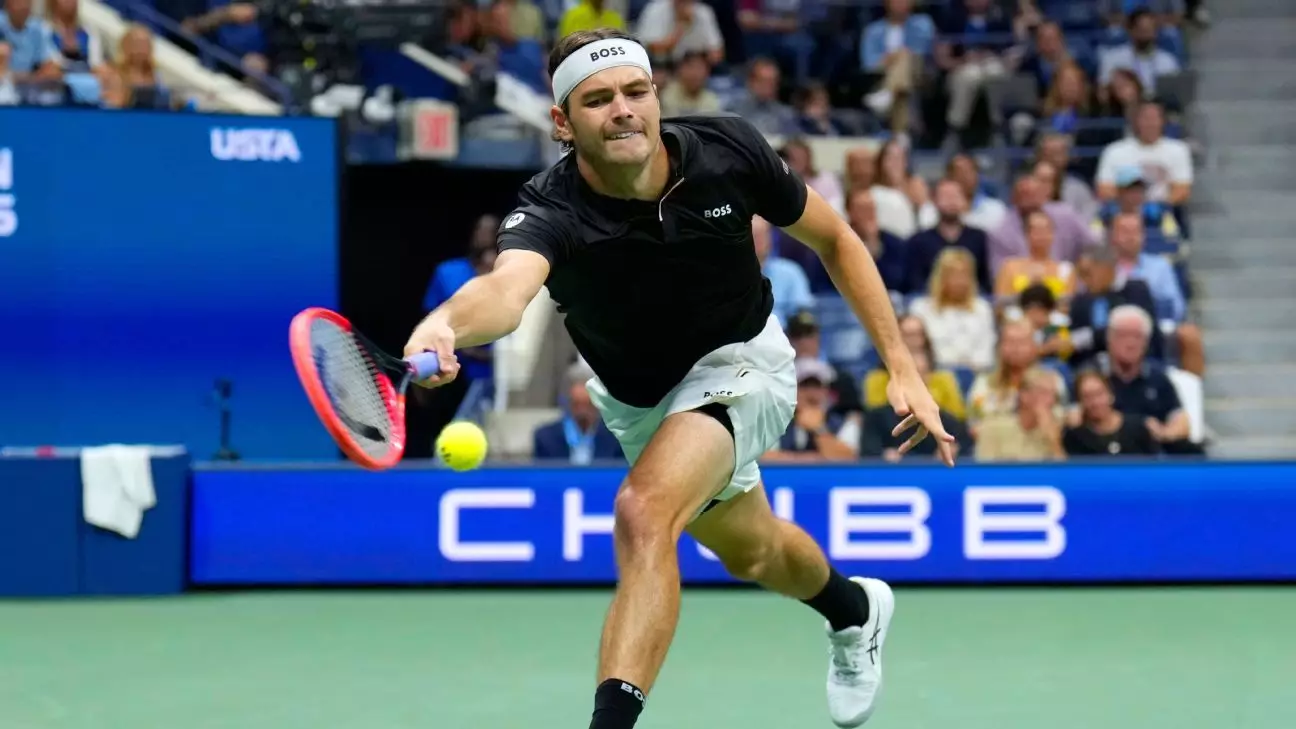The tennis world is experiencing a seismic shift as the International Tennis Federation (ITF) announces its decision to implement off-court coaching starting January 1, 2025. With this change comes widespread debate among players, fans, and analysts alike. While the ITF claims the new rule will enhance the game’s fairness and entertainment value, notable figures like World No. 6 Taylor Fritz and former World No. 10 Denis Shapovalov have voiced strong opposition. Their backlash raises an important question: will this modification ultimately enrich the sport or dilute its core competitive spirit?
One of the most cherished aspects of tennis is its inherent complexity, stemming from the one-on-one battle between players that tests not only physical skill but also mental fortitude. Fritz articulated this sentiment when he criticized the change, lamenting that it undermines the strategic elements that make tennis unique. The art of navigating a match without external help requires a depth of mental acuity that sets the game apart from team sports. By allowing coaches to provide real-time guidance, the ITF risks transforming tennis into a sport that could resemble a more collective endeavor, filled with sideline assistance.
Perspectives from Prominent Players
Denis Shapovalov’s reaction to the ITF’s decision encapsulates a prevailing sentiment among traditionalists: tennis is inherently individualistic. He expressed grief over what he perceives as a departure from the sport’s fundamental beauty. Players like Shapovalov feel that the upcoming changes threaten to erode the solo journey athletes undertake at these prestigious tournaments, from the grueling training sessions to overcoming adversities during matches. When coaching creeps in, the potential for undermining personal triumphs raises valid concerns about the authenticity of player achievements.
Despite the backlash, ITF’s senior executive director Stuart Miller argues that the change comes after careful consultation with stakeholders across the sport. He claims the feedback from players and coaches highlights a desire for a more engaging experience. This perspective raises a dichotomy; will the spectators truly appreciate a more dynamic environment, or will they miss the gritty individual battles that have defined matches for centuries? While the desire for increased engagement is commendable, it must be balanced with preserving the sport’s integrity.
As the tennis community prepares for this upcoming transformation, the implications of off-court coaching cannot be overstated. Will this new approach foster a more captivating experience for fans and players alike, or will it risk diluting the essence of one of the few truly individual sports left? As with any significant change, it will take time to gauge the true impact of off-court coaching on tennis. As discussions continue and more players take sides, the future of the sport hangs in the balance, leaving fans wondering—can the beauty of tennis withstand this evolution?


Leave a Reply